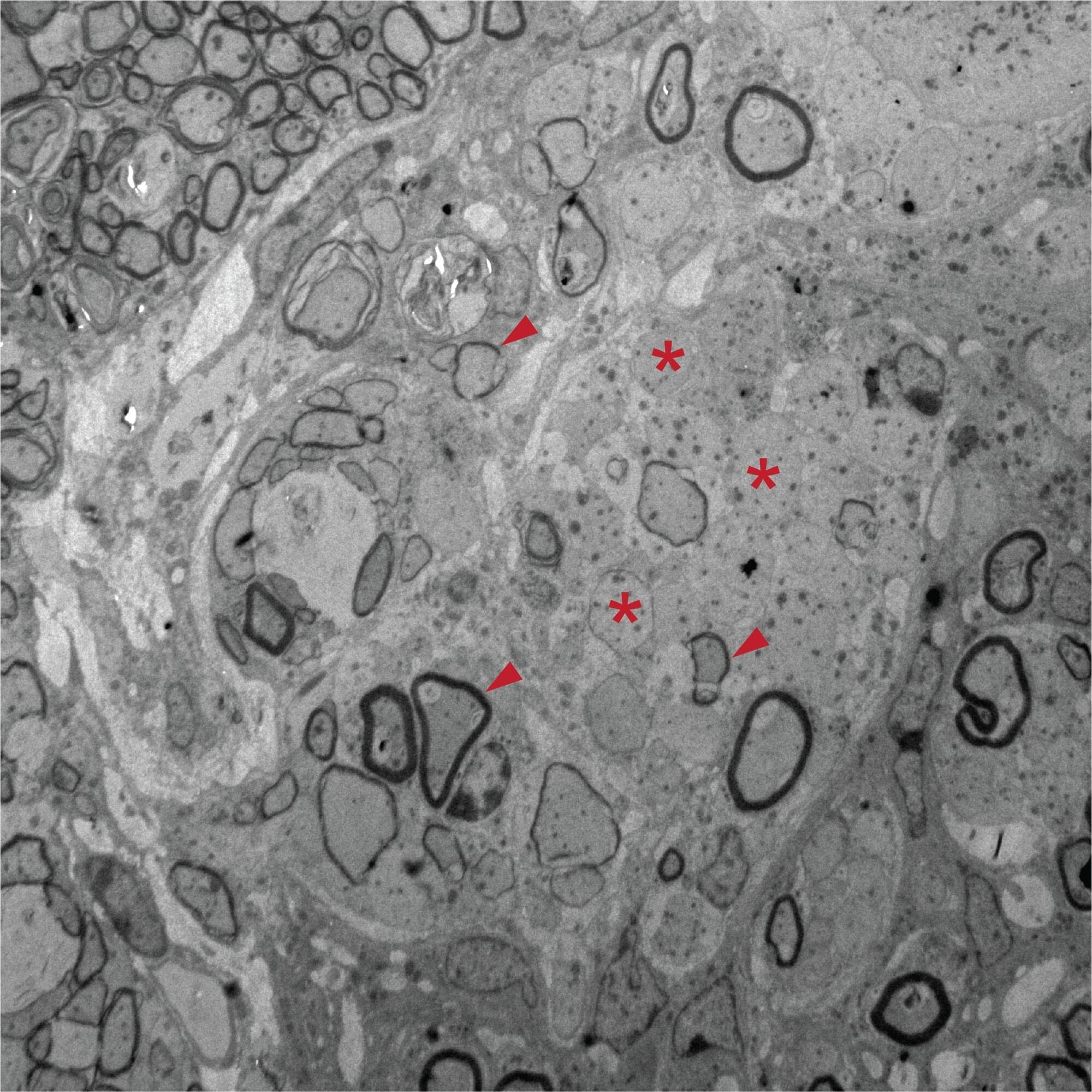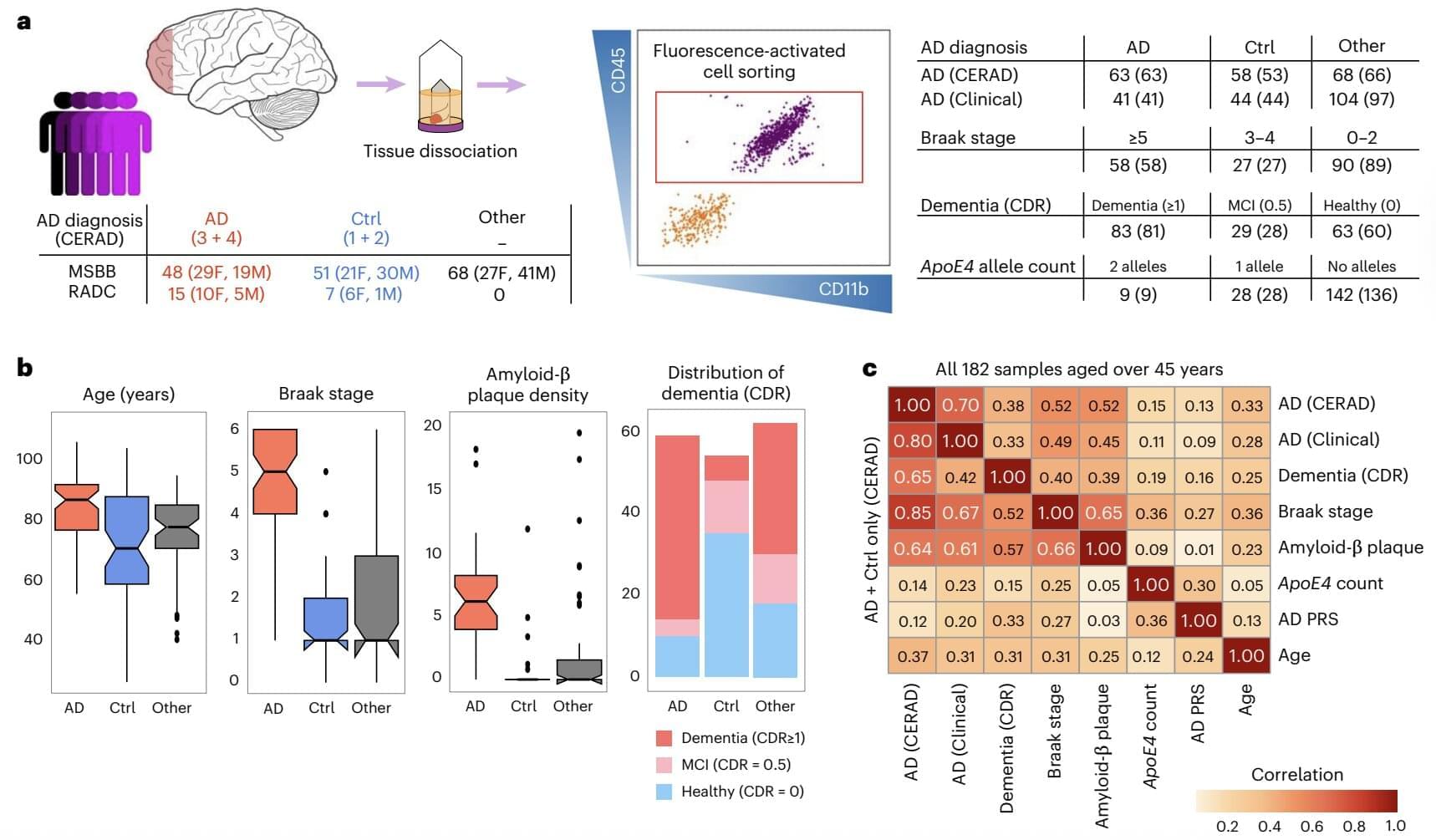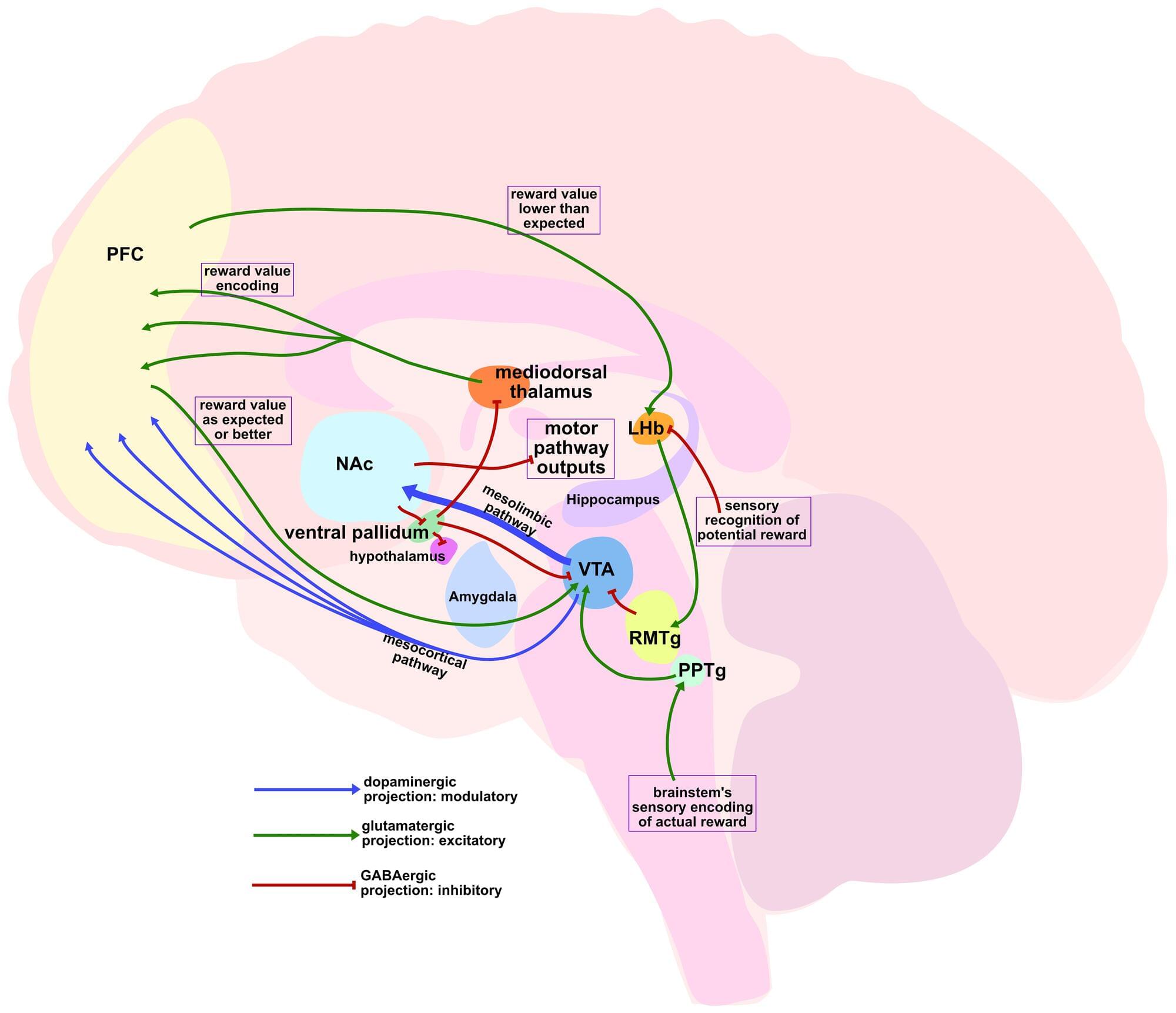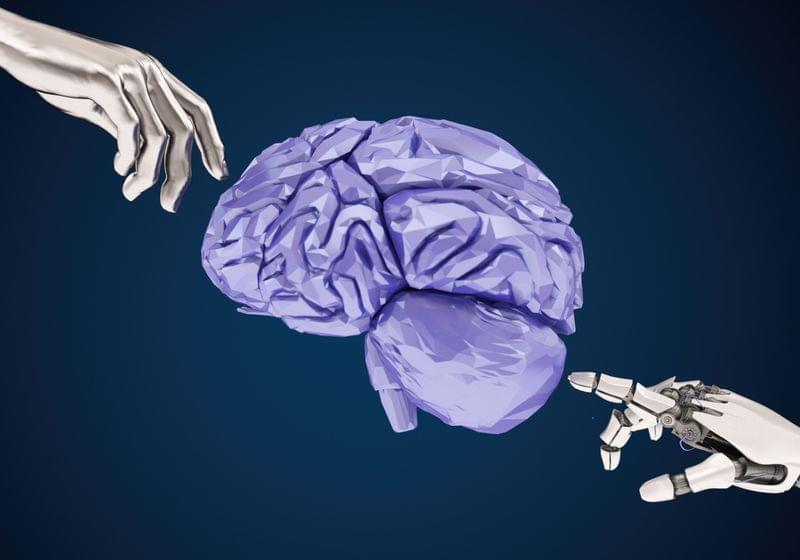Multiple sclerosis (MS) is an autoimmune disease where the body’s immune system mistakenly attacks the central nervous system, leading to the destruction of myelin, the protective sheath surrounding nerve fibres. This damage is a leading cause of neurological disability in young adults.
In the early stages of MS, certain cells possess the capacity to partially repair this damage by generating new myelin. However, this regenerative ability reduces significantly in the later, chronic progressive stage of the disease. This decline in repair contributes to further damage to neurons and increasing disability in individuals with progressive MS.
Despite advancements in treatments, current therapies mostly focus on managing symptoms but do not halt or reverse the damage and neurodegeneration caused. This shows the critical need for a more profound understanding of how MS progresses and to explore how stem cell technologies could help MS treatment.
The study, published in the journal Brain, was spearheaded by University of Cambridge scientist Dr. Luca Peruzzotti-Jametti and offers crucial insights into the potential of neural stem cell transplantation in people with progressive MS. While neural stem cell transplants present a promising avenue for repairing the damaged central nervous system, the limits of their capacity to repair are being investigated by researchers.
(Utilizng stem cells for many innovative treatments is not a question of how, but rather when)
A study led by Cambridge researchers has shed light on how neural stem cell grafts could help restore myelin in the central nervous system. The findings suggest that neural stem cell-based therapies hold promise as a potential treatment for chronic demyelinating disorders, particularly progressive multiple sclerosis.









